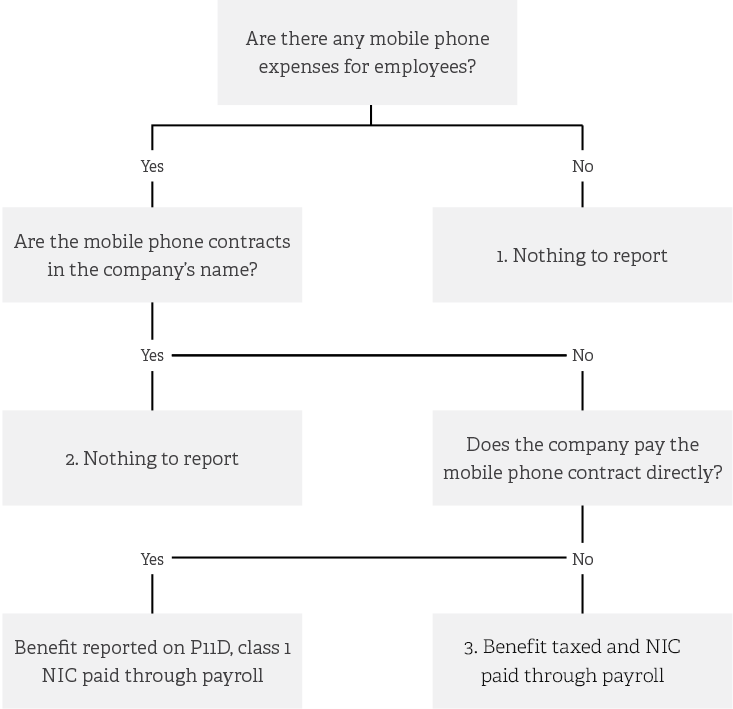Benefits in Kind can be confusing. We have put together some guidance on common areas of P11D confusion.
Staff entertaining and gifts
Staff entertaining and gifts are a good way to boost morale and improve employee retention. Common examples of staff entertaining and gifts include after work drinks, birthday presents and Christmas parties.
These are not considered a benefit in kind for employees in the following scenarios:
- The total VAT inclusive cost is <£50 per head. This is deemed a ‘trivial’ benefit by HMRC. However, this does not apply to cash and cash equivalents or rewards for service, these are always taxable. For more details on trivial benefits see our Tax Free Employee Benefits quick guide.
- If the benefit is provided by way of reimbursement, the rules become complex.
- The total VAT inclusive cost of annual events is <£150 per head and they are open to all employees. Once this threshold has been breached, some of the annual events will be taxable.
- For example: A Company holds a Christmas party which was £100 per head and a summer party which was £60 per head. These breach £150 when combined. The allowance can be used in the most tax efficient way so the Christmas party can be covered by the annual allowance however the summer party would be taxable.
- Anniversary gifts are not taxable under specific circumstances. For more details see our Tax Free Employee Benefits quick guide.
- If an employee entertains a client, it is deemed business entertaining and considered under the rules laid out above. This also applies to mixed events hosted by your company. Such events do not contribute towards the £150 ‘allowance’ if the staff entertainment is incidental to the client entertainment.
When entertaining and gifts do not fall under the above circumstances, they will give rise to an income tax charge for employees and a class 1a NIC charge for the employer.
Commonly these are reported on a PAYE Settlement Agreement rather than a P11D because this allows the employer to cover the employees tax charge. For further guidance see our PSA quickguide here and P11D quickguide here.
Staff entertaining and gifts are allowable expenses for corporation tax and the VAT is fully recoverable.
Travel and subsistence
Travel and subsistence costs are costs which employees incur while travelling for business. This includes the cost of one-off train fares, taxis, food, and accommodation for overnight stays.
Travel and subsistence are not a taxable benefit on employees when:
- The company is paying back the employee’s actual costs. For example, an employee submits an expense claim with receipts. These costs must be ‘reasonable’ so a company policy is recommended setting out what the company deems reasonable regarding accommodation or transport when an employee goes on business trips.
- If more than the necessary cost is reimbursed the extra amount counts as earnings and should be taxed and NI’ed through the payroll.
- The company is paying employees an allowance at HMRC’s approved rates. Approved rates can be found here. If HMRC’s allowances are exceeded, then the amount in excess will become taxable and should be taxed through the payroll as earnings.
This category of expense is allowable for corporation tax and the VAT is recoverable.
The cost of employees using their own cars for travel and season tickets do not fall under the above rules.
Employees’ private travel (including ordinary commuting) is taxable unless they are travelling to a ‘temporary workplace’. There are complex rules on what constitutes a temporary workplace and these should be considered if appropriate.









